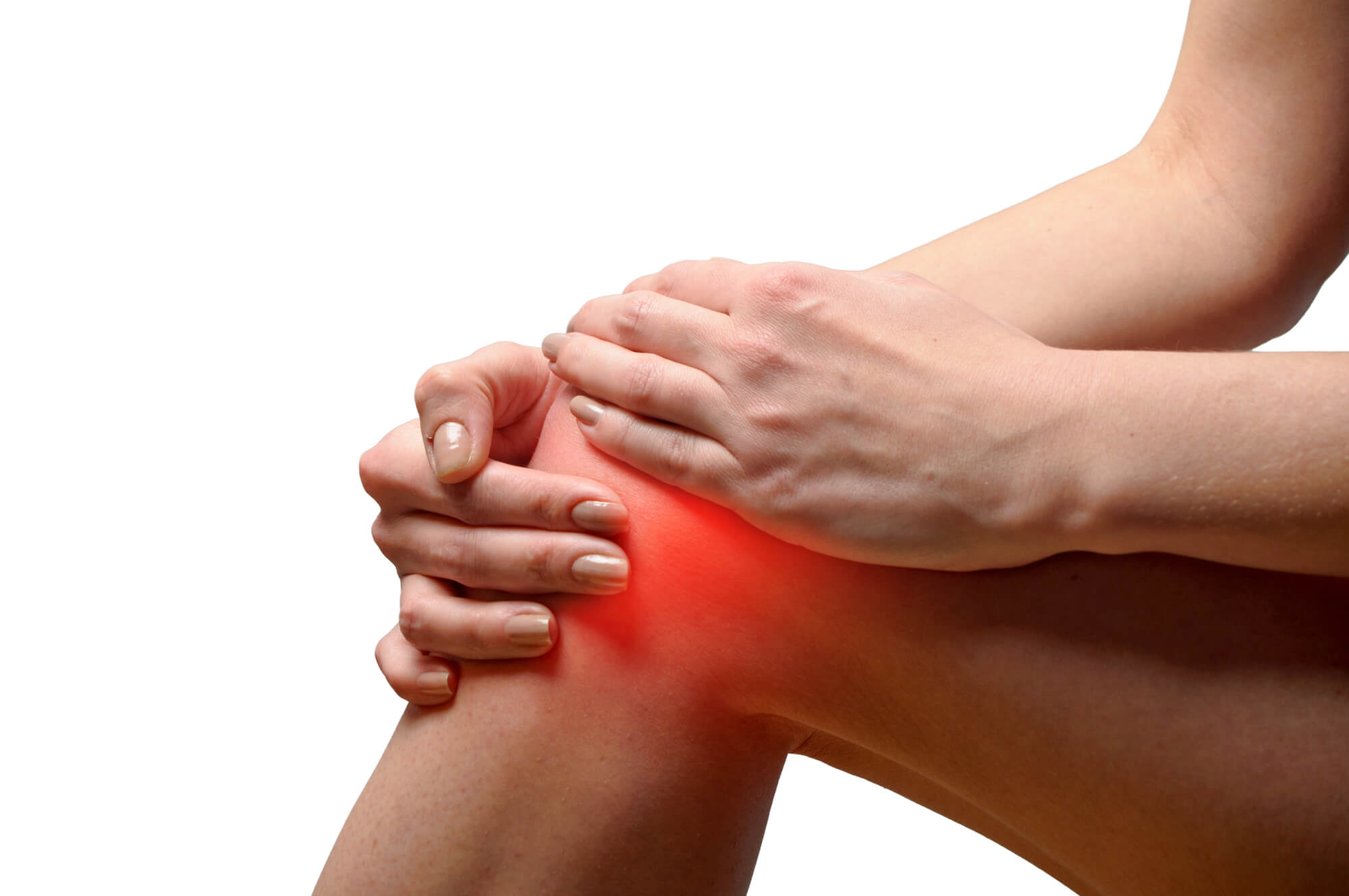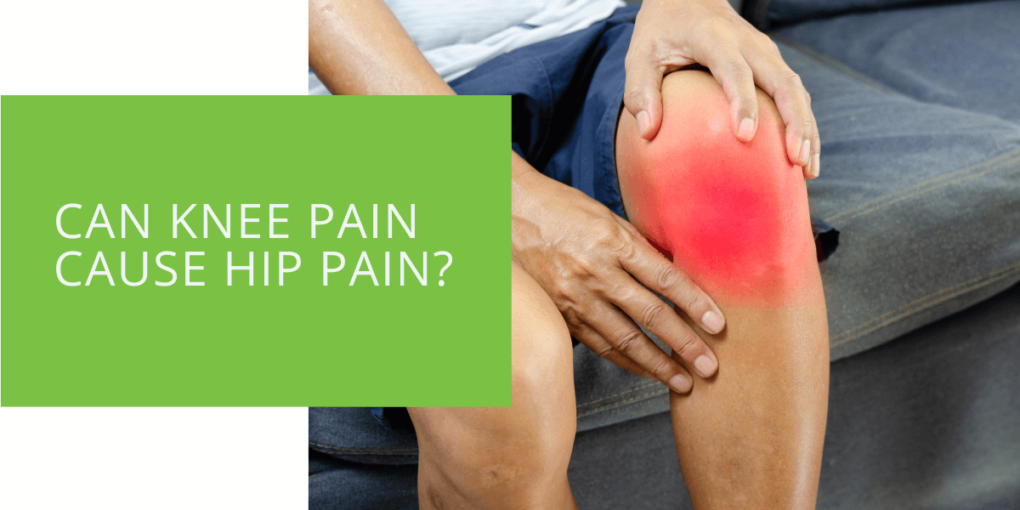Can Knee Pain Cause Hip Pain?
Hip and knee pain are common complaints among many people. While the two are distinct conditions, they can be interrelated. The hip and knee joints are close, and pain in one area can affect the other. In this article, we'll explore the relationship between hip and knee pain and discuss whether knee pain can cause hip pain.
Anatomy of the Knee and Hip Joint
The knee joint is a hinge joint that connects the thigh bone (femur) to the shin bone (tibia). It comprises several structures, including bones, ligaments, tendons, and cartilage. The hip joint, on the other hand, is a ball-and-socket joint that connects the hip bone (pelvis) to the thigh bone (femur). It is also composed of bones, ligaments, tendons, and cartilage. While the two joints have different structures, they work together to facilitate movement and maintain stability.
Causes of Knee Pain
Several factors, including injury, overuse, and underlying conditions such as arthritis, can cause knee pain. Osteoarthritis (OA) is the most common cause of knee pain, especially in older adults. OA is a degenerative condition that affects the cartilage in the joint, causing it to wear away over time. Other causes of knee pain include meniscus tears, ACL injuries, and rheumatoid arthritis.
When knee pain is present, it can cause compensatory changes in gait and posture. These changes can lead to hip pain, especially if the pain is outside the knee.
Causes of Hip Pain
Several factors, including injury, overuse, and underlying conditions such as arthritis, can also cause hip pain. Osteoarthritis (OA) is the most common cause of hip pain, especially in older adults. OA occurs when the cartilage in the joint wears away, causing bones to rub against each other, which can cause pain and stiffness. Other causes of hip pain include bursitis, tendinitis, and hip labral tears.
Hip pain can be referred to from the knee joint, especially if the pain is located on the outside of the hip. This is because the nerves that supply the hip joint also supply the knee joint, and pain signals can travel along these nerves.

Diagnosis and Treatment
Diagnosing hip and knee pain typically involves a physical examination, imaging tests (such as X-rays and MRIs), and blood tests. Once the cause of the pain is determined, treatment options can be explored. In some cases, conservative measures such as medication, physical therapy, and injections may effectively relieve pain and improve the range of motion. Surgery, such as hip replacement, may be necessary in more severe cases.
When hip or knee pain is present, it's important to seek medical attention promptly to prevent further complications. An orthopedic specialist can provide an accurate diagnosis and recommend the best course of treatment.
Prevention and Self-care
There are several things you can do to prevent knee and hip pain. Maintaining a healthy weight, staying active, wearing proper footwear, and avoiding high-impact activities can all help reduce the risk of developing joint pain. Additionally, practicing self-care measures such as rest, ice, compression, and elevation (RICE) and stretching exercises can help relieve inflammation of the joint and stiffness.
Conclusion
Hip and knee pain are common conditions that can significantly impact daily life. While the two are distinct, they can be interrelated, and knee pain can cause hip pain, especially if the pain is on the outside of the knee joint. Understanding the relationship between the hip and knee joints can help determine the cause of the pain and find the best treatment options.
If you're experiencing hip or knee pain, it's important to seek medical attention promptly. An orthopedic specialist can provide an accurate diagnosis and recommend the best course of treatment to relieve the pain and restore function to the affected joint. By taking preventive measures and practicing self-care, you can maintain optimal joint health and reduce the risk of developing joint pain.
Knee pain can cause hip pain, which is often interrelated. Understanding the anatomy of the hip and knee joints and the common causes of joint pain can help identify the root of the problem and find the most effective treatment options. By seeking prompt medical attention, practicing self-care, and taking preventive measures, you can maintain healthy hips and knees and enjoy an active lifestyle.

